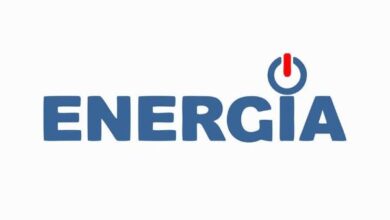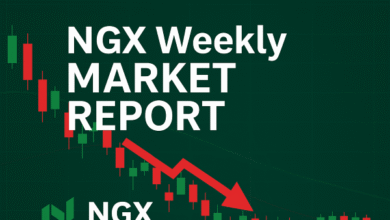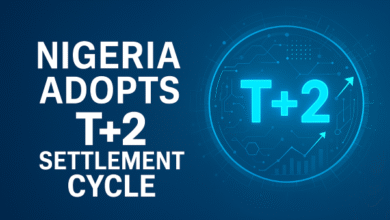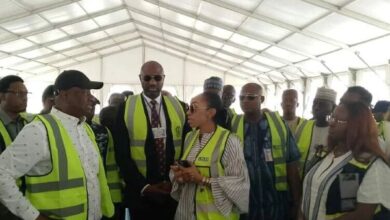Subsidy: Brace up for increase in storage, freight costs – Experts
 The Association of Nigerian Licensed Customs Agents (ANLCA) says there is the likelihood of increase in storage by the terminal operators in the country due to fuel subsidy removal.
The Association of Nigerian Licensed Customs Agents (ANLCA) says there is the likelihood of increase in storage by the terminal operators in the country due to fuel subsidy removal.
Dr Kayode Farinto, Acting National President, ANLCA, spoke with the News Agency of Nigeria (NAN) in Lagos on Tuesday.
He said that as custodians of goods, the operators operational cost had been affected due to increase in fuel cost.
Farinto further said that the fuel increase due to subsidy removal had impacted heavily on almost all facets of logistics and urged its members to brace up for tighter conditions.
Explaining, he said that if they were using N10 before to load a container from point A to B, now it had increased to N50 or even N70.
“The various terminal operators who are operating are battling with their operational costs and this will affect storage, ” he told NAN.
Farinto noted that if agents and the country as a whole refused to suffer for six or seven months to get it right, then they should be ready to suffer another six years more.
Also, Mr Stanley Ezenga, Secretary, Western Zone, National Association of Government Approved Freighters ( NAGAFF), noted that the increase, more or less, doubled or even tripled the fares of freight forwarders.
Ezenga, who is also the General Manager of ELROL Integrated Services Ltd., noted that all facets of logistics had been affected.
He said this was because the primary ingredients that drove movement included energy derived from petroleum products.
“Most articulated trucks use diesel but the feeders that use petrol increased, whereby, a commuter that moves from one place to another with N100 now makes use of N300.
“It has really affected operations because the engines don’t operate itself; they are operated by humans and the humans have to get to where the machine is before it will operate.
“These are some of the logistics bottlenecks that have slowed down due to the fuel increase,” he said.
As regards forex for tokunbo cars, Ezenga said that most importers of cars did not go through the banks to source for forex, but the black market.
He noted that the scraping or merger of forex would only affect import of new cars that go through Form M, those operating tokunbo cars did not need forex that comes from the bank.











